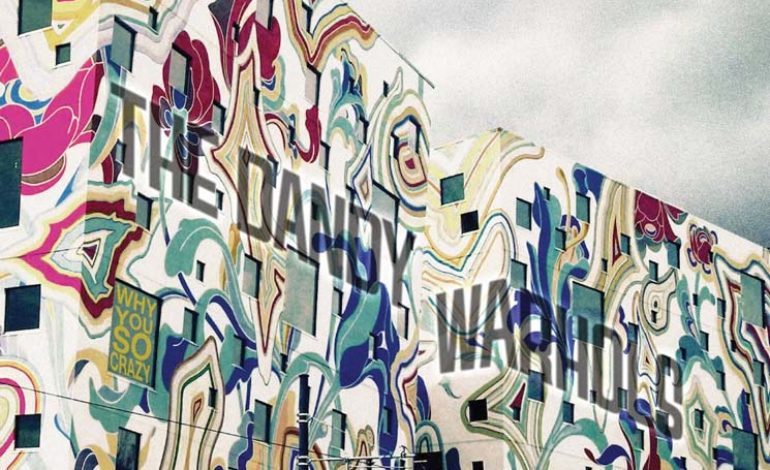

Another studio album to get lost in the rubble
The Dandy Warhols, an indie-rock quartet formed by Courtney Taylor-Taylor, Zia McCabe, Peter Holmström and Eric Hedford may have outlived their heyday. The band, whose music has been categorized as neo-psychedelia, synth-pop, power pop and shoegaze, began their reign in Portland, Oregon in 1994 where the “dream of the ‘90s” is still flourishing, according to Fred Armisen and Carrie Brownstein of Portlandia. But, the masses in and around the rest of the world have since moved on.
Inspired by the Velvet Underground, Lou Reed and Ride, The Dandy Warhols formed a counterpart to Brit-pop of the previous century. This sound even found widespread listenership well into the 2000s, when indie-rock bands like Franz Ferdinand, Phoenix and The Strokes were at their peak, with their 2009 album The Dandy Warhols Are Sound. Three albums later, however, their sound lacks a certain originality.
The songs on this album span a range of sound that is altogether extremely forgettable. The singles “Be Alright” and “Motor City Steel” are definitely the two which stand out the most, the latter being a possible play on Billy Ray Cyrus’ “Achy Breaky Heart,” with its country line-dance rhythm and vocality. The song is about a boy named Travis who owns a truck and is stuck in a small town while his girlfriend Ricky escapes to Paris. The only other songs on the album to match this theme are “Sins are Forgiven” and “Highlife,” which utilizes female vocals and electric guitar with a country twang to produce a sort of June Carter and Johnny Cash essence, bringing listeners to their feet.
The album does have a sort of small-town theme, which it highlights again in “Small Town Girls,” which rips off Queen’s beloved “Fat Bottom Girls,” only with less appreciation for said girls who “never look so good as in a small town.”
“Be Alright,” “Next Thing I Know” and “Forever” are probably the closest to familiarity with their known sound, each resonating with the band’s original creative spirit of the ‘90s but with a bit of a modern feel. These three songs allude to the darker themes of the ‘90s grunge rock era of which the band emerged, with lyrics like “I could die right now and I wouldn’t mind,” and references to hiding, fading away and “waiting around forever.”
The album ends with “Ondine,” a six-minute piano number which ends the album abruptly and a bit offputtingly. This may lead listeners to question whether the band really had a set ideal for where they were going. Altogether, the aimless bounds of the album may lead some to believe that The Dandy Warhols have churned out yet another album with not much depth. In essence, more is not always more.
